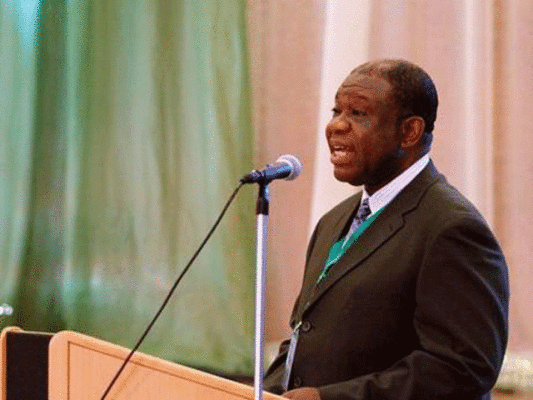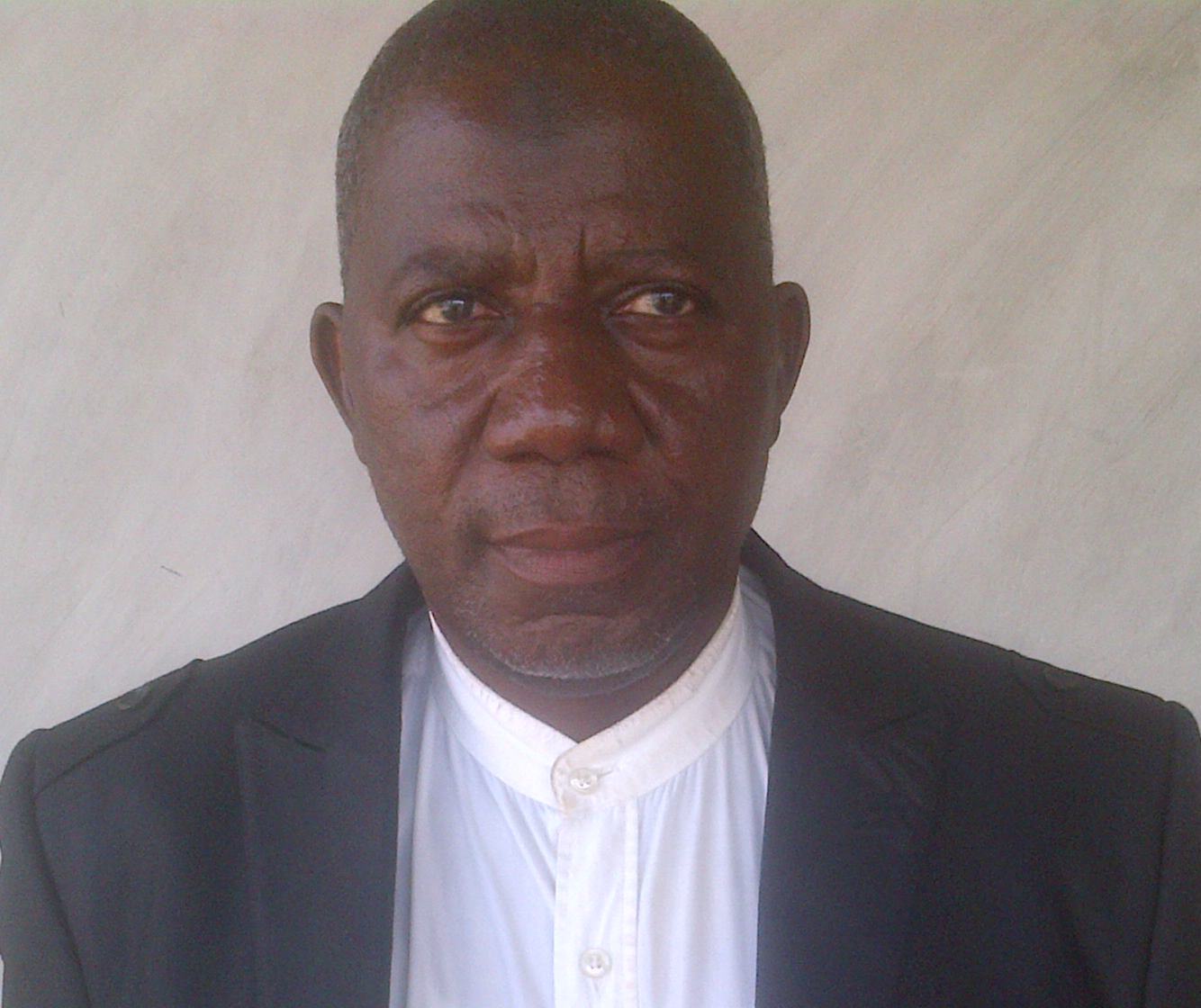
Nigeria’s Minister of Power, Professor Chinedu Nebo has identified the contract awarded for the Zungeru Hydro Electricity Power Plant which has been on the drawing board in the last 30 years as one of the 15 landmark achievements of his ministry under the power sector roadmap.
The minister spoke on the topic: Nigeria’s Power Sector Transformation Story– Federal Government Commitment to Address Post-Privatization Challenges at the 4th Worldstage National Electricity Power Conference, through his Special Assistant on Investment and Finance, Olajuywon Olaleye in Lagos.
Professor Nebo said that Nigerians that have been following the developments in the power sector would know that the ministry has made great strides and recorded major successes in the reform journey.
Some of these achievements, he said, include the re-constitution of the Board of National Electricity Regulatory Commission (NERC), thus enabling the regulator to become more responsive to the demands of the emerging market; the reconstituted NERC successfully launched the Multi-Year Tariff Order 2 (MYTO2) and this became operational on 01 June 2012.
“In line with the power reform roadmap, the Nigeria Bulk Electricity Trading Company plc (Bulk Trader) and Nigeria Electricity Liability Management Company Ltd (NELMCO) were incorporated and are now fully operational.”
Acording to Professor Nebo, other achievements are as follows:
A management contract is in place for the Transmission Company of Nigeria (TCN) to bring global best practices in revamping and expanding the national grid. The TCN Board was inaugurated and the Schedule of Delegated Authority (SODA) was issued to Manitoba Hydro of Canada.
Establishment of the Electricity Management Service PL (EMS) to take over the responsibilities of some non-core operational and subsidiary assets of the defunct PHCN and provide some ancillary service.
Establishment of National Power Training Institute (NAPTIN) to serve as the premiere training institute for the power sector. It is noteworthy that for over ten years, no formal training was provided to the engineering or technical cadre in the defunct institution.
The preferred bidders for ten (10) GenCos and five (5) DisCo have successfully concluded the purchase of the assets and have taken over full operations. The official handover ceremony was held on November 1, 2013
Preferred bidders have been chosen for the 10 NIPP plants through a competitive bid process and the 25% initial payments have been made. The NIPP plants are expected to contribute an additional 4000 MWs to the grid.
The contract for the Zungeru Hydro Electricity Power Plant was awarded after staying some 30 years on the drawing board.
The Ministry has repositioned itself towards providing effective overall leadership for the sector and facilitating investments with special attention to National Grid, green-field IPPs, renewable and rural access to electricity.
Fifty-five (55) IPPs have applied to NBET for PPAs. Including three (3) renewable energy IPPs, one coal generating IPP, and the rest gas fuelled IPPs
The market Operator inaugurated an automated Power Collect Command Centre meant to ensure transparent revenue collection and payment in the electricity value chain.
An Emergency Gas Plan was created to provide relief, in the short term, to the challenges of delivering enough gas to the power plants. The recently announced increase in the price of gas to power has provided a key impetus for the medium to long solution of the problems of gas supply shortfalls.
A CBN Intervention fund has been approved to pay off the legacy gas debt owed to some of the IOC’s
The draft Renewable Energy Efficiency Policy is due for review at the Federal Executive Council in the near future for adoption.
The minister said that the privatization of the Nigerian power sector has been internationally acclaimed as one of the most ambitious reform programs ever of any public utility embarked by any nation.
He admitted, however, that it has not always been a bed of roses, saying that the reform has had its challenges along the way and slippages due to the size and scope of the reforms.
“We are now marching towards the declaration of the Transitional Electricity Market (TEM) when the power sector will fully function as a market with full contractual obligations for all market participants. The protocols for market initiation are being finalized in readiness for the TEM and most conditions-precedent have been met.”
[myad]






